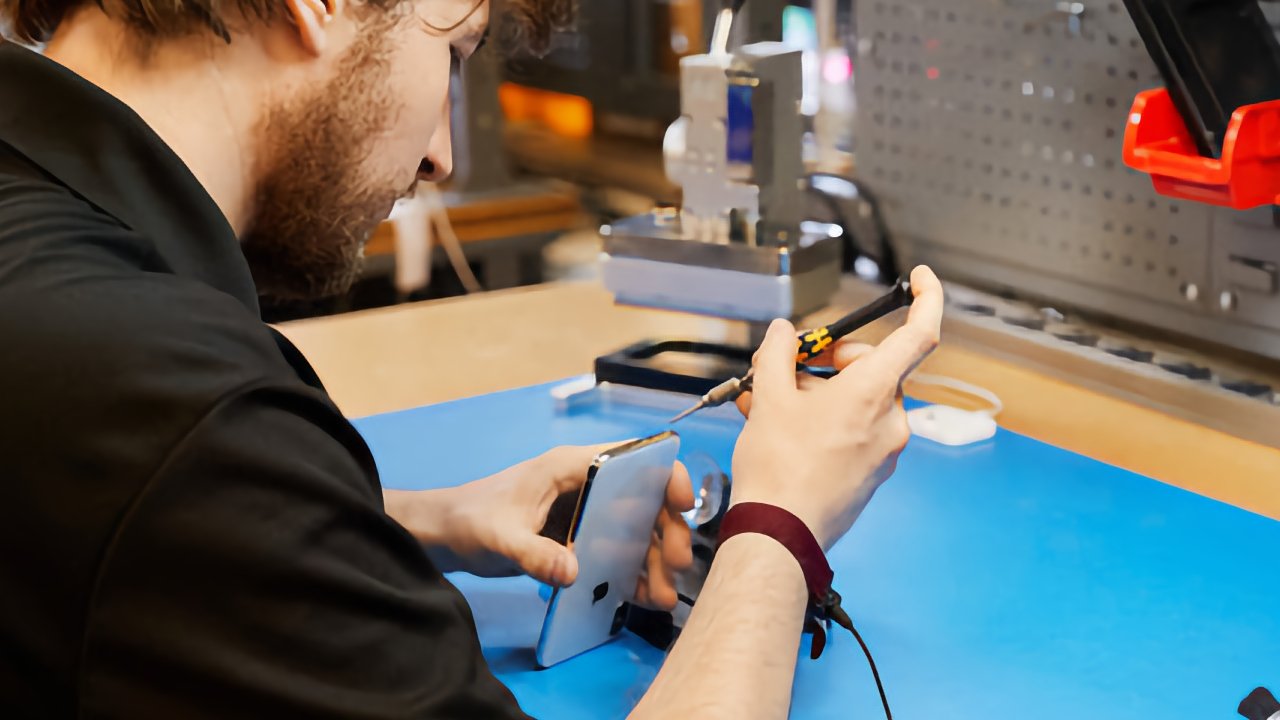The European Union has taken a further step toward implementing Right to Repair laws, with the latest vote backing proposals regarding repairability, and adding a requirement that manufacturers increase the warranty periods.
Proposals for Right to Repair legislation have been working through the EU's political process since 2020, but a major element has now passed a plenary vote.
According to Public Affairs Brussels, the European Parliament voted 509 in favor, with three against, and 13 abstentions, to adopt the European Commission's proposal and make it an EU key initiative for 2022.
The full proposal presented to Parliament, 79% of EU citizens think manufacturers should be required to make it easier to repair devices, or replace individual parts. Some 77% would rather repair their devices than replace them.
The proposed laws include a requirement for companies regarding "an extension of the legal guarantee beyond two years for some product categories."
"We believe that longer guarantee periods will provide an incentive to choose repair over replace," Marcel Kolaja, Member of both the European Parliament and the Committee on the Internal Market and Consumer Protection told press.
Such an extension would fall under the aegis of the EU's separate Sale of Goods Directive, which is also currently under review. The European Commission says it will consider introducing the Right to Repair proposals into legislation in the third quarter of 2022.
Perhaps in response to the EU's long ongoing right to repair plans, and those of the US too, Apple announced the 2022 launch of a Self Service Repair program for users. It has yet to see the light of day beyond the announcement, nearly five months later
 William Gallagher
William Gallagher








 Charles Martin
Charles Martin
 Malcolm Owen
Malcolm Owen

 Christine McKee
Christine McKee
 Marko Zivkovic
Marko Zivkovic
 Mike Wuerthele
Mike Wuerthele

 Amber Neely
Amber Neely









21 Comments
Excellent news. Now it's time for 'design for repair'.
The warranty extension is a great idea but there will be devils in the details for sure, just as there are at the moment.
The first industry to get this treatment will probably be the textile industry with requirements for longer lasting garments.
Another great move, away from the 'use and wash three times' and throw away.
Wow. Thats amazing.